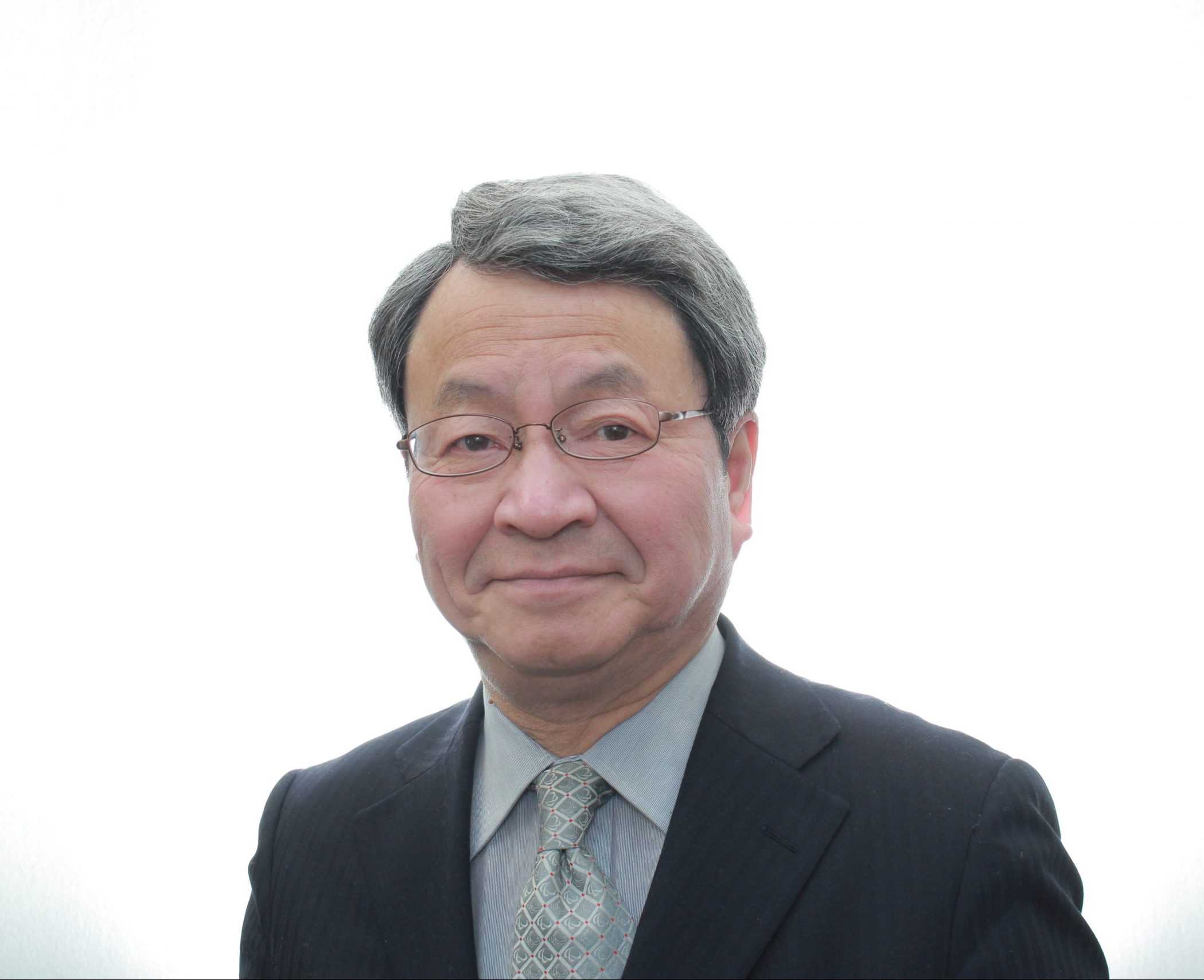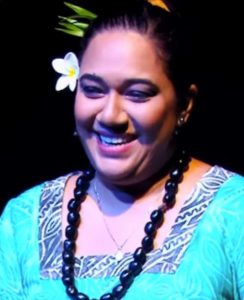ICH Webinar Series on Higher Education
ICH Safeguarding and Higher Education during COVID-19
Session 4
Inter-regional Field Experiences on Curriculum Development for ICH Safeguarding
1. OUTLINE
| Date | 12 August 2020,16:00-17:30 (KST) |
| Venue | Webinar |
| Language | English |
| Co-organizers |
|
2. BACKGROUND
ICHCAP and CRIHAP are co-organising the 2020 UNESCO Capacity-Building Workshop on Developing a Common ICH Teaching Framework for Higher Education Institutions in the Asia-Pacific Region for APHEN-ICH Member Institutions from 11 to 14 August 2020.
In view of the drastic measures many cultural organisations need to put in place to prevent COVID-19 transmission, the capacity-building workshop will be held online. This activity follows the first APHEN-ICH Capacity-Building Workshop held in 2019 in Shanghai, China, where discussions focused on linking the UNESCO 2003 Convention to university ICH programs. For more information about APHEN-ICH, please read this document.
The 2020 UNESCO Capacity-Building Workshop for APHEN-ICH Member Institutions is geared toward a better understanding of curriculum development and implementation in higher education for ICH Safeguarding. It is co-facilitated by Dr. Marc Jacobs of the University of Antwerp and Dr. Amareswar Galla of the International Institute for the Inclusive Museum. Because the capacity-building workshop is exclusively for affiliated higher education institutions, ICHCAP and UNESCO Bangkok Office are co-organising a webinar session that aims to cater to more scholars and professionals in the academe with the aim of determining how living heritage can be significantly integrated into higher education curricula concurrently with common pedagogical objectives which target students’ mastery of certain subject matters and their readiness for professional work.
As the third session of the ICH Webinar Series made a strong point to reinforce the role of higher education institutions in the protection and transmission of living heritage from generations to generations, the fourth session of the series is conceived for an indepth discussion of specific areas in curriculum development where aspects of living heritage can be incorporated toward a curricular infrastructure that embraces cultural diversity and ensures the safeguarding of ICH in higher education settings. Knowing that ICH ntegration is not a single-institution problem but a transnational issue, curriculum development should also not be treated as an isolated practice. In the context of international (and inter-regional) networking and cooperation, this session facilitates an exchange of teaching and learning resources, strategies in instructional materials preparation, ICH-related academic activities, and experiences in illuminating how ICH broadens a curriculum into social processes and cultural practices that bring forth individual and collective strength.
3. OBJECTIVES
- To determine how ICH safeguarding can be integrated into higher education curriculum;
- To identify specific areas in curriculum development where aspects of living heritage can be incorporated;
- To discuss ideas for a curricular infrastructure that embraces cultural diversity and ensures the safeguarding of ICH in higher education settings;
- To facilitate an exchange of teaching and learning resources, strategies in instructional materials preparation, ICH-related academic activities, and relevant experiences in curriculum development.
4. PROGRAMME AND SPEAKERS
5. WEBINAR QUESTIONS
The fourth session of the ICH Webinar Series is guided by the following questions:
- What related experiences can we learn from in developing a curriculum that ensures the viability and transmission of living heritage? What are the challenges (country- or university-specific) in the process of curriculum development and how have they been resolved?
- What factors are taken into consideration in developing a curriculum for ICH safeguarding?
- What sources are used in the teaching of living heritage in higher education settings? How can teachers prepare accessible manuals, learning tools, and other related materials for students?
- How can network groups and non-academic institutions such as UNESCO Field Offices, Category 2 Centres, NGOs, informal ICH transmission schools, and international organisations help curriculum development for ICH Safeguarding?
- How can higher education institutions cooperate with each other to broaden the reach of a curriculum while maintaining the importance of its local cultural aspects?
6. BIOGRAPHIES

MR. IWAMOTO WATARU started his professional career in the Ministry of Education, Science and Culture of Japan in 1977. He worked from 2001 to 2009 at UNESCO where he assumed various posts such as Director of the Division of Secondary, Technical and Vocational Education, and Director of the Division of Social Science, Research and Policy at the Headquarters. Back to Japan, he organised “UNESCO World Conference on Education for Sustainable Development” in Nagoya in 2014 as the Advisor of the Ministry of Education, Culture, Sports, Science, and Technology. Being invited as panelist of the side event organised by French Ministry of Education at the occasion of COP21 in 2015, he reported ESD policy in Japan. Mr. Iwamoto took function of Director- General of IRCI in
April 2016. He is also Visiting Professor of Chubu University and a Trustee of Japanese Society of Education for Sustainable Development.

MS. EMILY DRANI is the Executive Director and co-founder of the Cross-Cultural Foundation of Uganda, an organisation dedicated to promoting the value of ‘culture in development’ approach. She holds a Master of Philosophy in Development Studies with a focus on Endogenous Development. Emily has over 14 years of professional experience in development work, of which the last 12 years focused on cultural rights, heritage development, and promotion at national, regional, and international levels. She is currently the Vice Chairperson of the Executive Committee of the International National Trusts Organization, a global umbrella body of National Trusts dedicated to promoting the conservation and enhancement of the heritage for the benefit of the people of the world and future generations. Ms. Grani has served on the UNESCO Evaluation Body for the 2003 Convention for the Safeguarding of the Intangible Cultural Heritage as a Vice Chairperson and a member. As a trained UNESCO facilitator, she has facilitated ICHrelated training, needs assessment, and nomination file review in Uganda, Kenya, and the
Seychelles, respectively. She has also been involved in a number of heritage trainings and research projects and has co-authored publications on culture in respect to managing diversity, traditional governance, social protection, pluralism, traditional medicine, and conservation.

ASSOCIATE PROFESSOR DR. FRANCES C. KOYA VAKA’UTA is Director of the Oceania Center for Arts, Culture and Pacific Studies and the Pacific Heritage Hub, at the University of the South Pacific (USP) in Suva. A teacher by profession, she has worked in the area of teacher education, curriculum development, education in small island states and education for sustainable development at USP since 1998. With a passion for the arts and culture, she has actively engaged in regional community initiatives and policy development for over 15 years. Areas of interest include Pacific education, Pacific art, heritage and Indigenous knowledge systems, Indigenous pedagogies and epistemologies, Indigenous research approaches, Pacific research ethics and cultural competency. A poet and artist, Frances explores art activism under the pseudonym “1angrynative”. Her work is inspired by Pacific island heritage and contemporary issues in the island.

DR. MARC JACOBS is Professor in Heritage Studies at the University of Antwerp, and holder of the UNESCO Chair on Critical Heritage Studies and the Safeguarding of the Intangible Cultural Heritage at the Vrije Universiteit Brussel. Before that, he worked at universities in Ghent, Florence, Antwerp and Brussels and as the director of the Flemish Centre for Popular Culture (VCV, 1999-2007) and FARO, Flemish Interface for Cultural Heritage (2008-2019). He is member of UNESCO’s Facilitators Network for the 2003 Convention. As head of the department of heritage studies in Antwerp, he is responsible for creating new master and PhD programs on heritage studies, including safeguarding intangible heritage.
